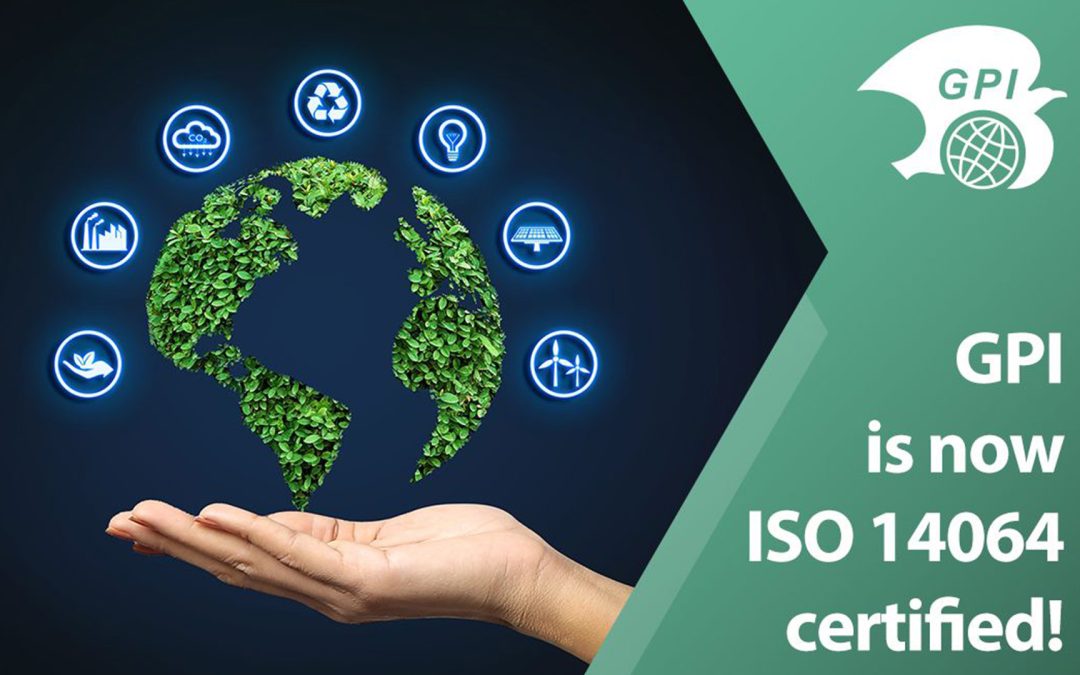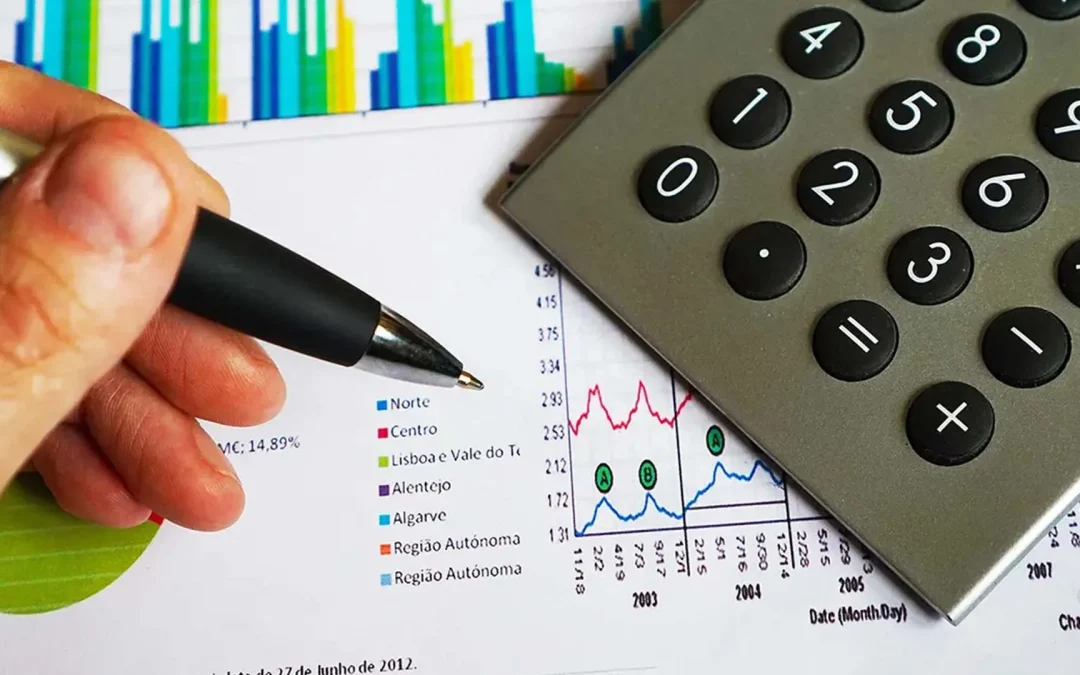Ricoh announced its inclusion in the annual FT-Statista Asia-Pacific Climate Leaders list for the fourth consecutive year.
Among the 350 companies recognsed, Ricoh ranked 59th overall and 18th out of 64 in the Technology & Electronics sector.
Compiled by the Financial Times and research provider Statista, the list recognises companies headquartered in the region that achieved the greatest reduction in core emission intensity between 2018 and 2023. Based on data submitted by participating companies, the reductions were calculated by comparing changes in greenhouse gas (GHG) emissions intensity relative to each company’s revenue. The ranking also took into account transparency regarding indirect Scope 3 emissions and whether companies collaborate with sustainability assessors, such as the CDP and the Science Based Targets initiative (SBTi).
This year’s recognition reflects updated evaluation criteria that place greater emphasis on the reduction of absolute emissions, aligning with the global imperative to curb total GHG emissions.
In April 2017, Ricoh became the first Japanese company to join RE100, a global initiative of influential businesses committed to 100% renewable electricity. Ricoh has set ambitious targets to reduce GHG emissions by 63% (Scope 1 and 2) and 40% (Scope 3) by 2030 compared to fiscal 2015 levels. These targets were validated by SBTi and align with the 1.5°C goal of the Paris Agreement.
Ricoh was recently awarded a double ‘A’ score in the 2024 CDP A List, recognising global leadership in both climate action and water security. This marks the company’s second consecutive year on the Water Security A List and fifth consecutive year on the Climate Change A List since 2020.
All electricity used in the global production of Ricoh’s flagship A3 multifunction printers (MFPs) now comes from renewable sources. Ricoh added that it continues to improve environmental performance through energy-saving equipment and Net Zero Energy Buildings at multiple sites in Japan.
The company invests in electric vehicles for its corporate fleet and enhances energy efficiency by optimising logistics processes. In addition, Ricoh sources renewable energy through an on-site Power Purchase Agreement (PPA) and a Virtual Power Purchase Agreement (VPPA) in Japan, applying the principle of additionality—which means that a renewable energy project generates new and additional environmental benefits that would not have occurred without the project.




















